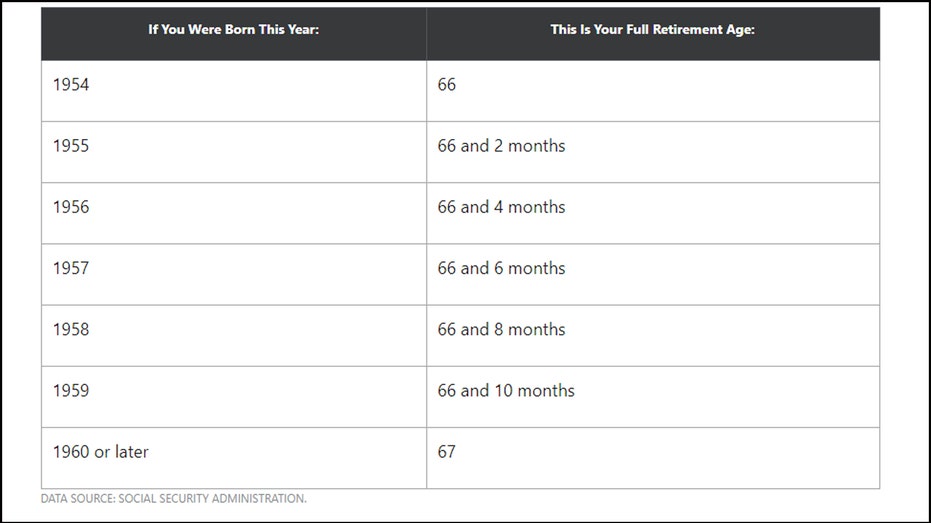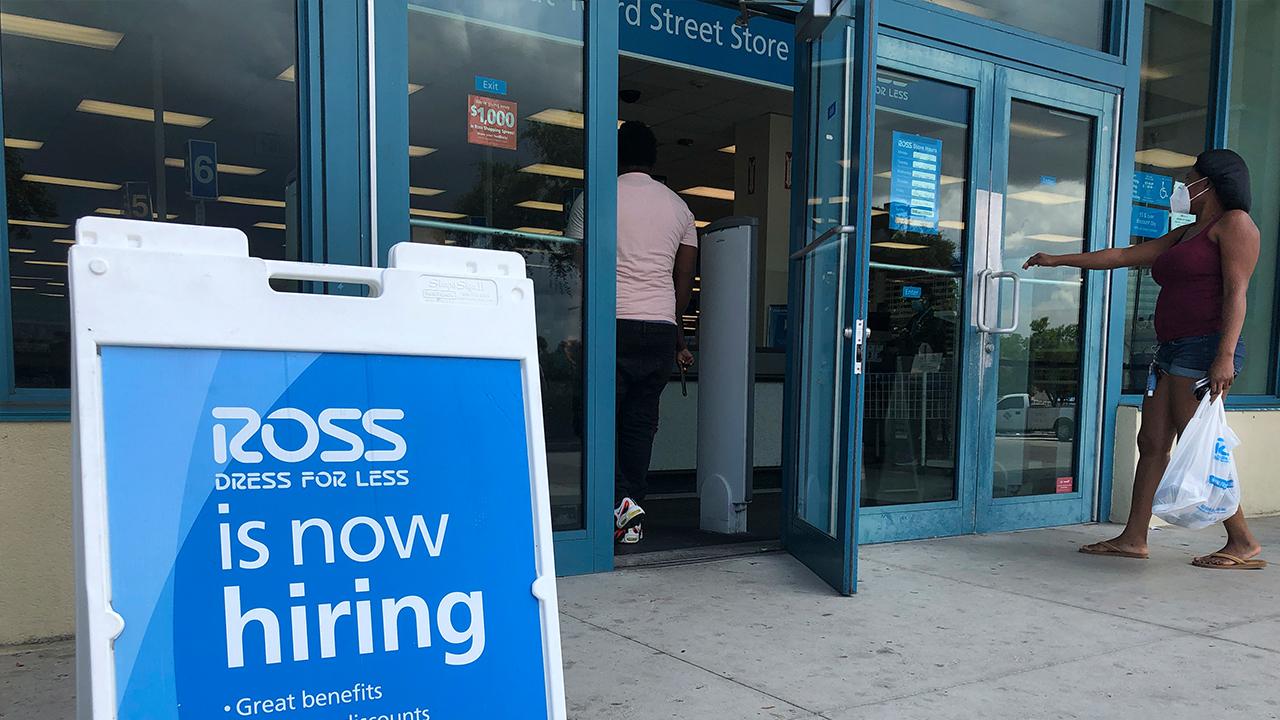Will I lose my Social Security benefits if I go back to work?
Returning to work could impact your Social Security income
Though unemployment has been rampant during the COVID-19 crisis, some retirees may start thinking about re-entering the workforce at some point this year. Many people's retirement savings took a hit back in March when the stock market tanked, and while it has largely recovered, we don't know what the rest of the year has in store. That means a lot of 401(k)s or IRAs could take an additional beating in the course of 2020, prompting some seniors to return to work in an effort to leave their savings alone and let their portfolios recoup lost value.

Job interview concept , Senior manager reading a resume during a job interview employee young man meeting Applicant and recruitment
3 REASONS TO DELAY SOCIAL SECURITY
If you're collecting Social Security, you may be wondering if returning to work is even allowed, and how it might impact your benefits. Here's what you need to know if you're thinking you may need to get a job at some point this year.
Your age matters
First, let's get one thing out of the way: You are allowed to work and collect Social Security at the same time. But whether that impacts your benefits will depend on your age.
Once you reach full retirement age, you can work and earn as much as you'd like without having it make a difference as far as your benefits are concerned. Here's what full retirement age looks like, depending on the year you were born:

Let's say you claimed Social Security ahead of full retirement age and you're thinking of returning to work. If that's the case, you may have a portion of your benefits withheld if your income exceeds a certain threshold known as the earnings test limit.
The earnings test limit changes from year to year. In 2020, you can earn up to $18,240 without having it impact your benefits. From there, you'll have $1 in Social Security withheld for every $2 you earn.
3 WAYS COVID-19 COULD AFFECT WHEN YOU SHOULD CLAIM SOCIAL SECURITY BENEFITS
However, if you'll be reaching full retirement age in 2020, that limit increases to $48,600, and only once you surpass that point will you start to have benefits withheld. When that happens, you'll temporarily lose $1 in Social Security for every $3 you earn.
Exceeding the earnings test limit won't mean losing out on benefits permanently. Rather, the amount that's withheld will be added to your benefits once you reach full retirement age so that you'll get more from Social Security down the line. But if your goal in going back to work is to earn enough money to completely leave your savings alone, you'll need to crunch the numbers to make sure that doing so allows you to achieve that goal.
3 SOCIAL SECURITY STEPS TO TAKE 5 YEARS BEFORE YOU RETIRE
Another approach? Get a part-time job so that you'll be able to stay within the limit that applies to you.
At a time when COVID-19 remains a very large threat, many seniors may opt to stay home. But if money becomes an issue, returning to work might seem like a good solution. Just make sure you understand the way that could impact your Social Security income before finalizing that decision.




















